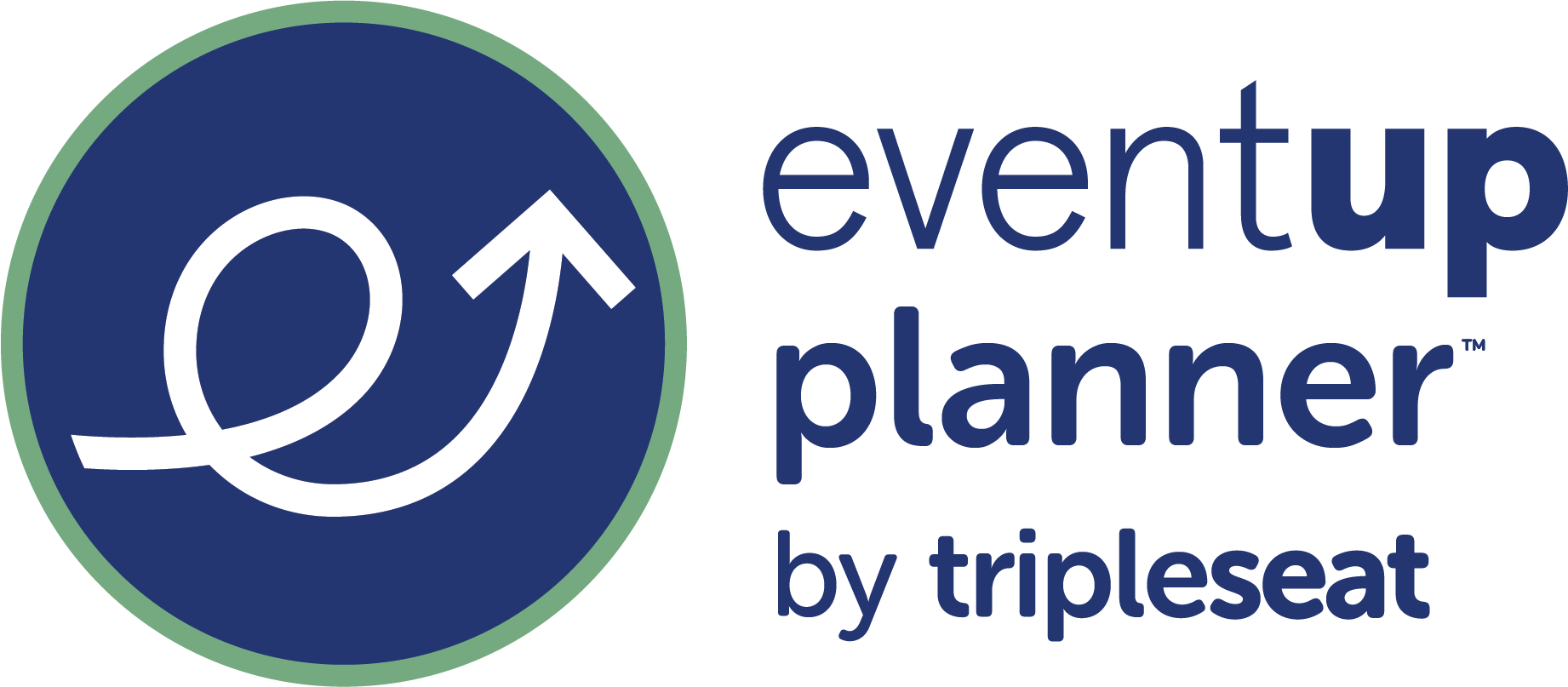Before the arrival of modern event-planning software, planning fabulous events took a lot of manual work. Instead, it was a daunting task, with numerous moving parts and massive potential for overwhelm. The development of today’s event software has allowed organizations and teams alike to unlock their creative potential, maximize resources, and deliver exceptional events with ease.
If it has been several years since you last explored the market for event planning tools, or you and your team are feeling overwhelmed with your existing event planning workflow, it’s likely time for an upgrade. You’ll be amazed at what the innovative software available today can do for your events!
Today, we will guide you through the essential steps to evaluate today’s event planning tools. By the end of this blog, you’ll be empowered with the knowledge and confidence you need to find the right event planning tools and take your events to the next level.
Let’s get started!
Step #1: Know Which Software Features to Look For
Outdated and inefficient event planning processes can lead to mistakes, delays, and missed opportunities. Today’s event planning tools provide streamlined workflows, automated tasks, and clear communication channels with attendees, helping you quickly execute events and wow your attendees.
When evaluating event planning tools, start with the platform’s ticketing and registration capabilities. Both features should be flexible and easy to use—not just for your organization to set up but for your attendees to use, too!
With the increasing trend of hybrid and online meetings, it is crucial to ensure that the platform was built with both in mind (in addition to in-person events, of course). The platform should also offer event marketing features, including website creation and management, email marketing, and marketing automation, to promote the event and maximize attendance.
Here are other vital features to prioritize in your search:
- Multi-event management
- Schedule management
- Accessibility
- Data privacy and security
- Integrations with existing software
- Insights & reporting capabilities
Step #2: Know What to Look For in a Software Developer
When selecting an event planning tool, it’s essential to consider the platform developer’s characteristics and support structure. After all, integrating a new solution is always more accessible when the developer has your back!
First, research who the company caters to and how long they have been in business. This can give you a sense of their experience and expertise in the event software industry.
Make sure also to examine the customer service and support processes they offer. Event planning is time-sensitive, meaning the better the support, the more efficiently you can use the tool. Whether through email, a ticketing system, over the phone, or all of the above, research through which channels you can access support and how quickly you can receive answers to your queries. Consider going with a company whose support is also available on the weekends in addition to weekdays. You never know when you’ll need their support!
Finally, knowing who you will be working with during onboarding and who you will be in touch with for daily questions is key. Ensure that the company offers you a Customer Success Manager or similar account manager who will act as the point of contact throughout your relationship. Having a consistent representative will save you tons of stress and needless repetition in the long term.
Step #3: Understand the Onboarding Process
When shopping for a new event planning tool, it’s crucial to understand each platform’s onboarding process to determine the time, resources, and potential budget required to get started.
First, you’ll need to know the process and how long it will take. Is it self-guided, or are there dedicated resources to assist you? Integrating a new tool can be difficult when you are left to your own devices or don’t have transparency into the length of the process. Companies with the best event planning tools support their offerings with scheduled kick-off and training sessions to help ensure you’ll be successful and love using their tool.
It’s also vital to consider who the onboarding process is facilitated by, as some companies outsource their onboarding to third parties. Not dealing with the company directly may lead to a lack of consistency in the onboarding experience or gaps where the onboarding does not address your day-to-day needs.
Finally, it’s vital to inquire about any hidden training or onboarding fees that are not explicitly mentioned in the pricing structure. Some companies may charge extra fees for onboarding, which could affect your budget.
Step #4: Understand the Pricing Structure
Event planning tools are an essential resource for businesses and organizations looking to streamline their event management processes. However, no tool is “one size fits all.” Many options are available, each with its own pricing model and features, and it’s up to you to find the best fit for your organization.
Free event planning tools offer basic features like online registration, mobile support, and promotional tools, often catering to events with no admission fees.
Those looking for more advanced capabilities will want to look at subscription-based or pay-per-registration models. These tools typically include online registration, payment processing, mobile tools, event pages, email communication, social media integration, and analytics.
In many cases, prices can vary greatly depending on the provider, features, number of users, number of events, and the number of attendees. If cost certainty is vital to you and your organization, fear not! There are tools (like Attendease) on the market that offer all the same features with flat fee pricing structures.
Step #5: Read Reviews and Gather Community Feedback
Additionally, seeking community feedback and speaking to current customers can help you understand strengths and weaknesses from a user’s perspective. Asking specific questions in LinkedIn and Facebook groups, looking at Quora for company insights, and reviewing the company’s Glassdoor reviews can all provide valuable information.
Step #6: Understand the Contract Before You Sign
When searching for the best event planning tool, it’s essential to carefully consider the contract that you’ll be signing with the vendor. This contract should contain a clear list of services being provided.
Be sure you’re aware of all possible fees, including onboarding, one-time implementation fees, monthly fees, and customer support fees. Being sure what is—and isn’t—in the contract will help you plan your budget and ensure the tool is right for you.
Addressing Pitfalls and Challenges
Any time you shop for a new event planning tool, there are a few things for you to consider:
- Approach any sales call having done your research, ensure you ask strategic questions, and request examples from the salesperson to ensure the product meets your needs.
- Pricing can get complicated, especially in subscription or pay-per-registration models. Look for a platform that provides everything you need and offers your organization cost certainty via flat fees.
- Onboarding can be lengthy and expensive. Ensure you get documentation of everything the company will and won’t cover while onboarding your new event planning tool.
- Contracts can be difficult to navigate, so don’t forget to read the fine print! If you have any questions, be sure to document them and get answers you can reference back to.
Shopping For an Event Planning Software Doesn’t Have To Be Complicated
Attendease is here to help! Revolutionize your workflow with our foundational tools that empower teams and de-stress even the most challenging events.
Discover the Attendease:
- Foundational platform built for all event types, from virtual to hybrid or in-person
- Powerful yet intuitive event management tools to help you plan, manage, and simplify every step of your event
- The flat-fee pricing structure, which helps budgets stay predictable and consistent
- White-glove customer service that always has your back when you need it most
Want to learn more about what Attendease can offer your organization? Book a demo today!


